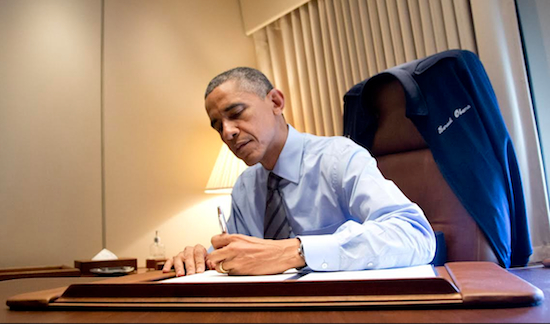Brooklyn officials, legal experts weigh in on Obama’s immigration order

President Barack Obama’s announcement of sweeping changes to the nation’s immigration system is likely to lead to a battle over its legality. Brooklyn officials and legal experts spoke out on Friday about whether or not Obama’s executive action is on solid legal ground.
For months, the White House and Obama’s supporters have insisted that he has the authority to direct immigration authorities to exercise discretion in deciding which immigrants in the country illegally will face deportation and which won’t.

Brooklyn Boro
View MoreNew York City’s most populous borough, Brooklyn, is home to nearly 2.6 million residents. If Brooklyn were an independent city it would be the fourth largest city in the United States. While Brooklyn has become the epitome of ‘cool and hip’ in recent years, for those that were born here, raised families here and improved communities over the years, Brooklyn has never been ‘uncool’.